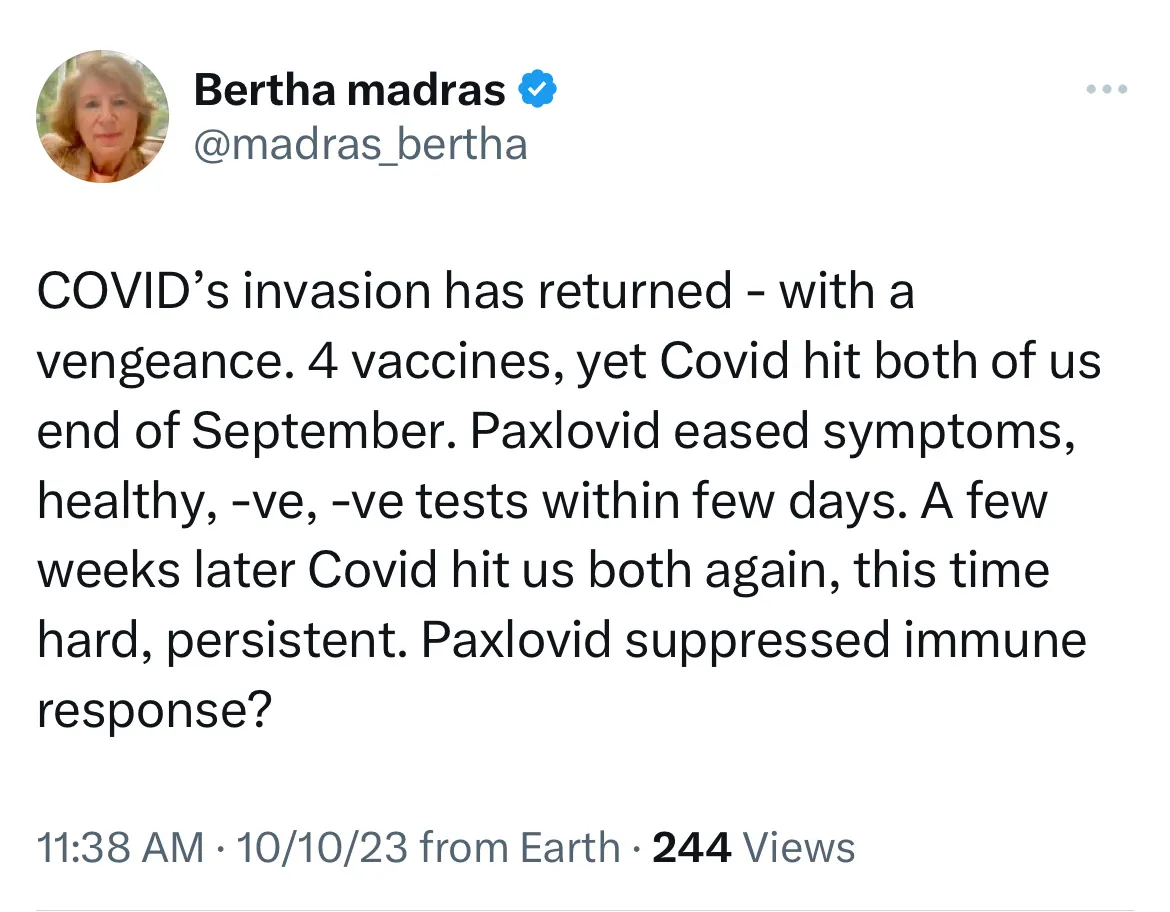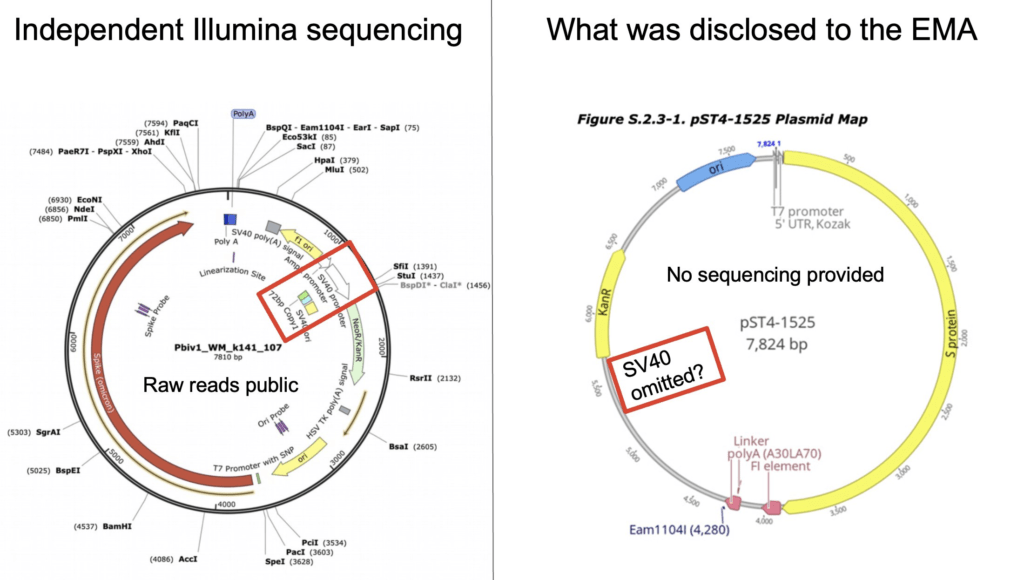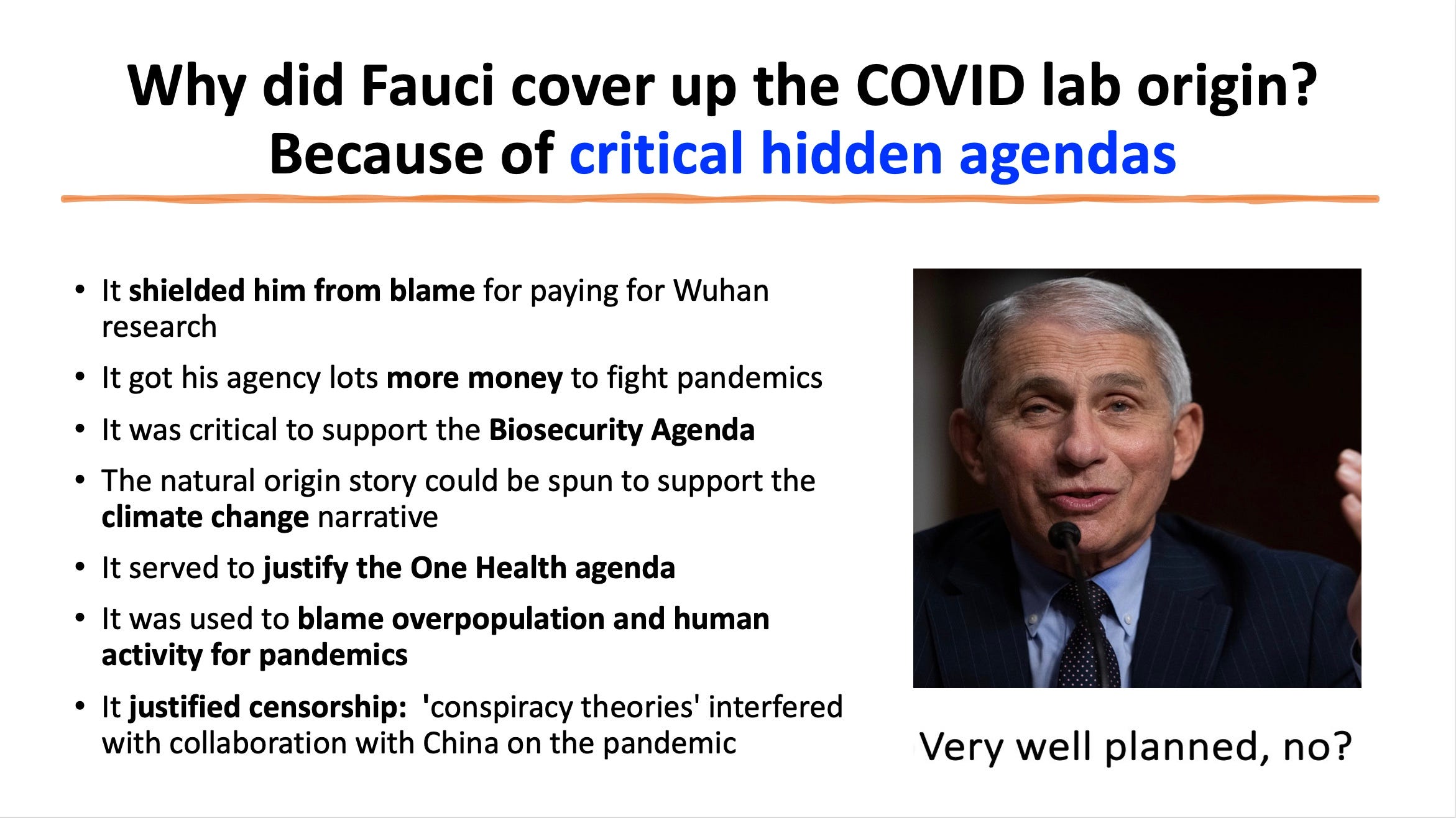Excerpts of this amazing Die Zeit article from this week translated from German via Eugypius:
...
All of a sudden, the press were asking about transparency, trust and the anti-vaccine movement. One Chinese journalist even claimed that the mRNA vaccines … had long-term implications for the vaccinated. Rickard Sandberg, molecular biologist and member of the Nobel Committee, blundered and explained that there had been extremely few side effects in the 13 billion vaccinated people. He meant to speak of 13 billion vaccine doses. His answer probably hasn’t boosted confidence in the vaccines. But confidence is exactly what we need to counteract the vaccine scepticism that is currently spreading both here in Germany and around the world.
A look out of the window of Jens Lassen’s medical practice is enough to see what’s happening. You see a few parked cars, green trees, hedges and brick houses. Nothing special. And that’s the problem: “When I looked out of my window two years ago, there was a huge queue on the street,” says Lassen. “Those days are gone.”
Dr. Lassen, we read, is a general practitioner in Leck, a small town in Nordfriesland. The poor man has been offering Covid vaccines for two weeks, but so far he’s only been able to jab 130 people. At the height of the mass vaccination campaign, he was jabbing at least that many every day. That’s how bad things have gotten for poor Dr. Lassen. It’s a real shame.
Today, Lassen hears questions like: Is it even necessary? Isn’t it harmful to keep doing this? “People don’t wear masks anymore, they go to concerts and go on holiday,” Lassen says. “For many, it doesn’t add up that the pandemic is over but vaccination continues.” …
Indeed, every thinking person should find this odd.
Germans have always doubted the benefits of vaccination, and reports about severe side effects (which of course exist) have been used to stir up opposition. The people who rejected or were sceptical about vaccination for a long time were a small group in Germany. But since the Corona pandemic, this fringe social phenomenon has become a movement with resonance extending far into the centre.
Maybe, just maybe, that has something to do with the shitty nature of the Covid vaccines and the immoderate, irrational radicalism that the vaccinators displayed in 2021. Maybe it wasn’t a great idea to fulminate about vaccine mandates and make vaccine passports a condition for participation in public life. Maybe – as literally every last one of us said at the time – these lunatic hygiene policies would go on to conjure from nothing a massive and enduring resistance movement.
… The German government will likely miss by a wide margin their goal of vaccinating those millions who are at risk from Covid infection this Fall. … The situation with flu vaccines is no better. Here, too, the elderly are the main target group. According to the Robert Koch Institute (RKI), only 43% of those over 60 were vaccinated in the 2021/22 flu season. In general, the vaccination rates for most of the vaccines recommended … for adults are below 50%. Children are also “often vaccinated too late or incompletely,” the RKI reports. Take measles, for example: 95% of children should have received two measles vaccinations before they start school. … Only four federal states achieve this goal.
Child vaccination rates seem to be down across the entire West, not only because of the vaccine scepticism prompted manic Covid vaccinators, but as a direct consequence of virus terror messaging, which kept much of the population cowering under their beds away from hospitals for two years. You’d think, by now, our Zeit journalists might consider that this, too, was a terrible idea, but there’s no chance of that. The real problem is statistical illiteracy and ignorance:
Germans are tired of vaccination – of Covid vaccines, flu vaccines and measles vaccines. And that has a lot to do with the fact that not many people can deal with statistics. Medicine is always about probabilities. Many patients when they’re prescribed a medication don’t know this. Most of the time, the medicine works, but sometimes it doesn’t. Or there are unpleasant side effects. And occasionally, rarely, very rarely, dangerous or even life-threatening side effects. Everyone who has ever read an instruction leaflet knows these risks. You accept them because the disease seems worse than the possible consequences of the treatment. With vaccination, it’s different: someone is vaccinated against something they have not yet contracted. That is probably what makes people so hesitant. They see the possible risk – and suppress the fact that the vaccination minimizes another risk.
...













